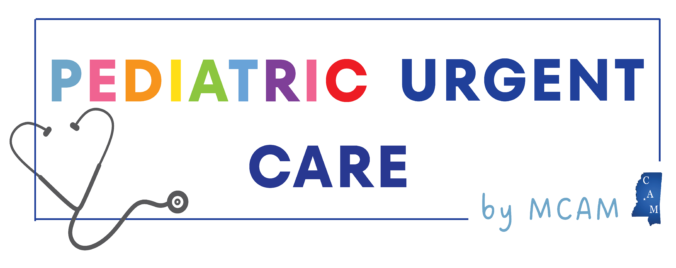In the hustle and bustle of everyday life, as a parent, you may find yourself faced with unexpected challenges, especially when it comes to the health and well-being of your children. From sudden fevers to unexpected injuries, pediatric emergencies can arise at any moment, leaving you feeling overwhelmed and unsure of where to turn for immediate medical assistance. This is where kids’ urgent care centers play a crucial role, providing prompt and specialized care for children when they need it the most.
Understanding Kids’ Urgent Care
Kids’ urgent care centers are specialized facilities designed to cater specifically to the needs of children and adolescents. Unlike traditional emergency rooms, which may not always have pediatric specialists on staff, healthcare professionals with expertise in pediatric medicine are consistently available at kids’ urgent care centers. This ensures that your child receives the highest level of care tailored to their unique needs.
These centers are equipped to handle a wide range of non-life-threatening medical issues, including:
- Minor injuries such as cuts, sprains, and minor fractures
- Fever, cold, and flu symptoms
- Ear infections
- Asthma attacks
- Sore throat and strep throat
- Rashes and skin infections
- Vomiting and diarrhea
The Importance of Timely Care for Your Kids
One of the key benefits of kids’ urgent care centers is their ability to provide you with timely care without the long wait times associated with emergency rooms. You can walk in with your child and expect to be seen by a healthcare provider promptly, allowing for timely diagnosis and treatment. With special equipment tailored to smaller patients, precise medication dosages, and a welcoming, child-friendly environment, kids’ urgent care aims to swiftly and effectively address your child’s healthcare needs, allowing you to resume your day without unnecessary delays.
Convenience and Accessibility
Urgent care centers for children provide a convenient alternative to overcrowded emergency rooms. They are designed with the needs of families in mind, offering extended hours to ensure accessibility. Our pediatric urgent care center is open evenings and weekends, with walk-ins also welcomed, to provide you with peace of mind knowing that medical assistance is at hand when your primary care provider may be unavailable.
Specialized Pediatric Expertise
Another advantage of kids urgent care is the expertise of pediatric urgent care physicians. These pediatricians are trained to work specifically with children, understanding their distinctive medical requirements and how to communicate effectively with young patients and their parents.
This type of care can make a significant difference in the treatment and recovery process, ensuring that children receive appropriate interventions and follow-up care. Whether it’s providing reassurance to an anxious child or offering guidance to concerned parents, pediatric healthcare providers play a vital role in delivering comprehensive care that addresses both the physical and emotional needs of young patients.
Don’t wait in long lines or deal with delays – choose the convenience, compassion, and accessibility of kids’ urgent care. Contact us now for immediate attention from our pediatric experts or call our urgent care line at 601-414-0484 to get the quick and quality care you need for your young one.
